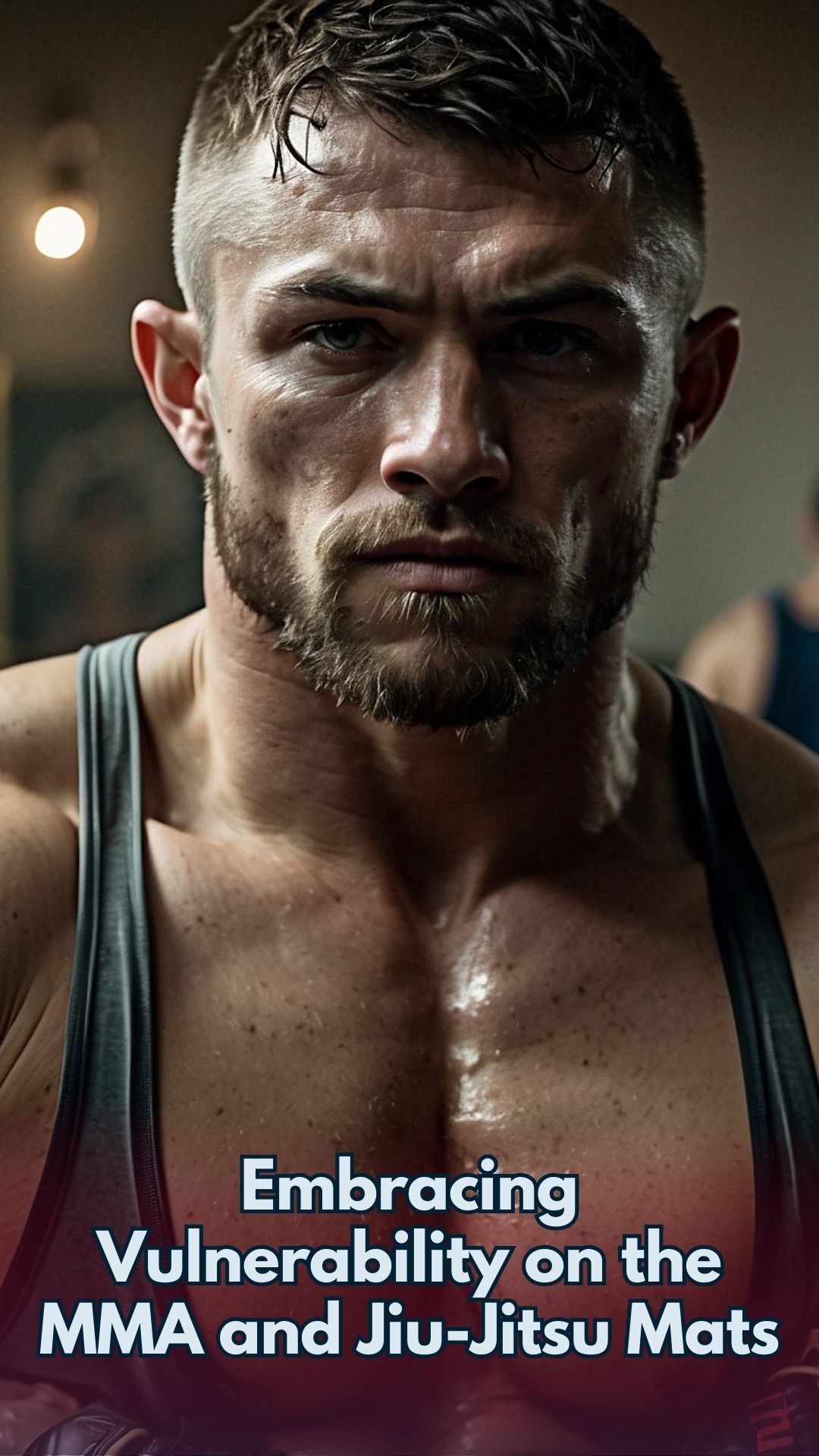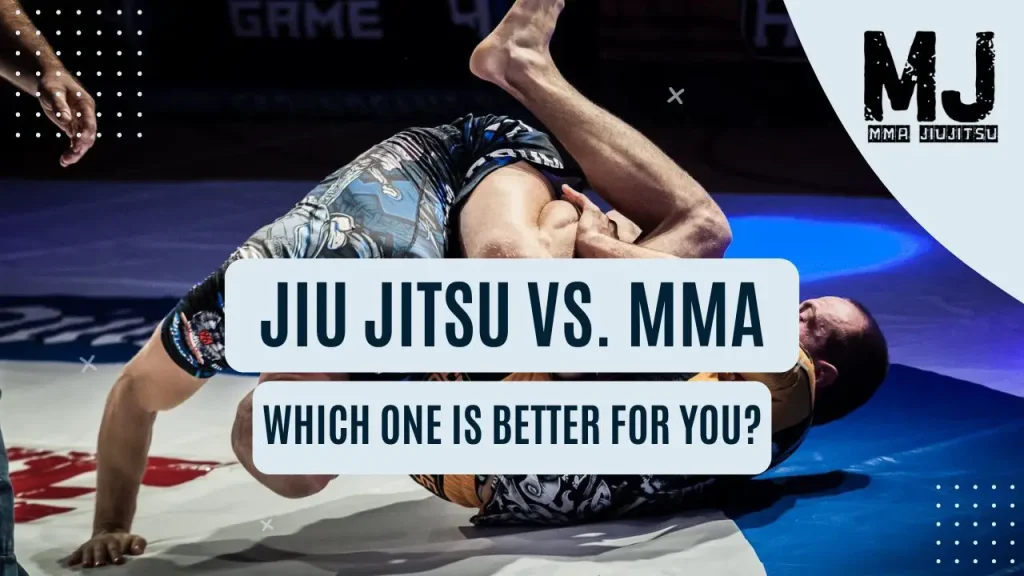
On the MMA and Jiu-Jitsu mats, vulnerability sometimes seems like an unwelcome visitor.
Fear of looking weak, making mistakes, or being dominated in sparring can build a barrier separating practitioners from their development.
Accepting this vulnerability, however, opens a path to great personal transformation as well as a means of enhancing technical ability.
Confronting the Fear of Exposure.
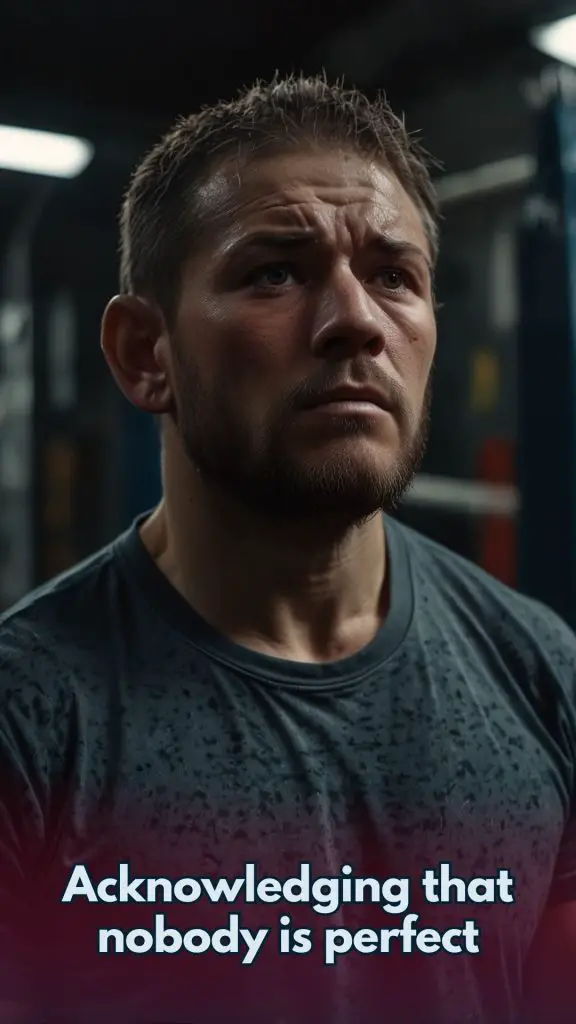
Entering the mat forces practitioners to face their emotional and physical limitations. Moments of doubt abound whether one is trying a new technique, sparring with a higher belt, or recovering following a hard roll.
Although it can be frightening, this exposure also reminds us of our humanity rather powerfully.
Acknowledging that nobody is perfect—and that everyone has their path—helps practitioners to let go of their fear of criticism and welcome their position in the learning process.
The Growth Hidden in Mistakes
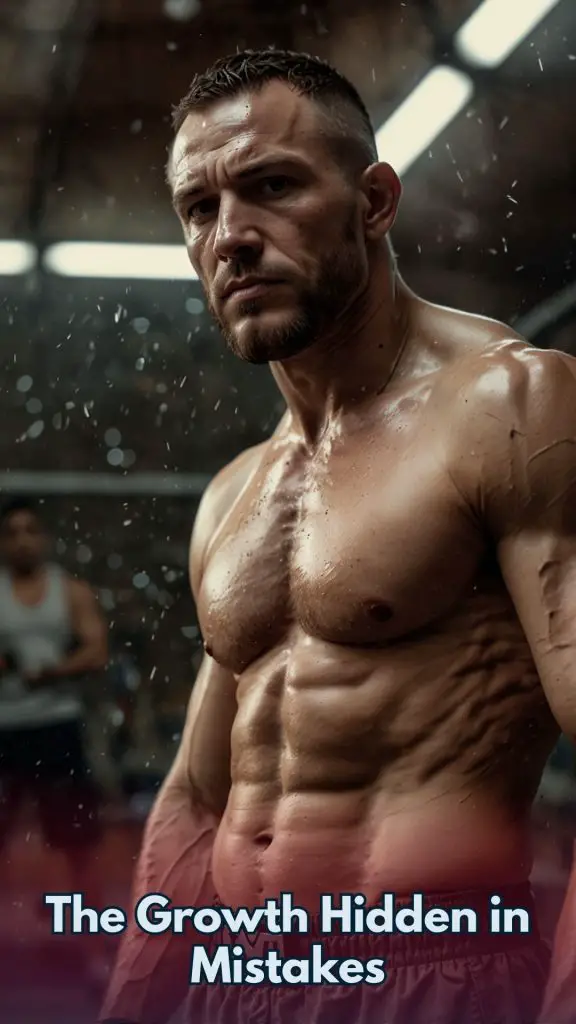
On the mat, mistakes are certain. Though they seem like failures in the moment, a poorly executed guard pass or a missed submission attempt is really a great teaching tool.
Every MMA Jiu-jitsu round provides an opportunity to improve motions, rethink strategies, and identify flaws. Those who approach errors with curiosity rather than self-criticism create opportunities for improvement.
Vulnerability transforms into a teacher, providing lessons that improve technique and perspective.
Building Trust Through Openness
Jiu-jitsu and mixed martial arts training are performed with another training partner.
Vulnerability on the mats helps to build closer relationships with training partners, promoting mutual respect and trust.
Practitioners who openly share their challenges or seek guidance encourage others to follow suit. This kind of interaction creates a supportive community in which people feel free to challenge limits.
Reducing one’s guard—both literally and metaphorically—results in better training experiences and closer relationships.
Vulnerability as a Vehicle for Confidence

Quite ironically, embracing vulnerability usually results in more confidence. Resilience is developed by the readiness to meet obstacles head-on even if failure is a possibility.
Every time a practitioner attempts a difficult technique or enters a challenging sparring match, they confirm their will to develop.
This process strengthens self-belief over time and shows that courage to face vulnerability is what defines strength rather than its absence.
Vulnerability as a Catalyst for Confidence
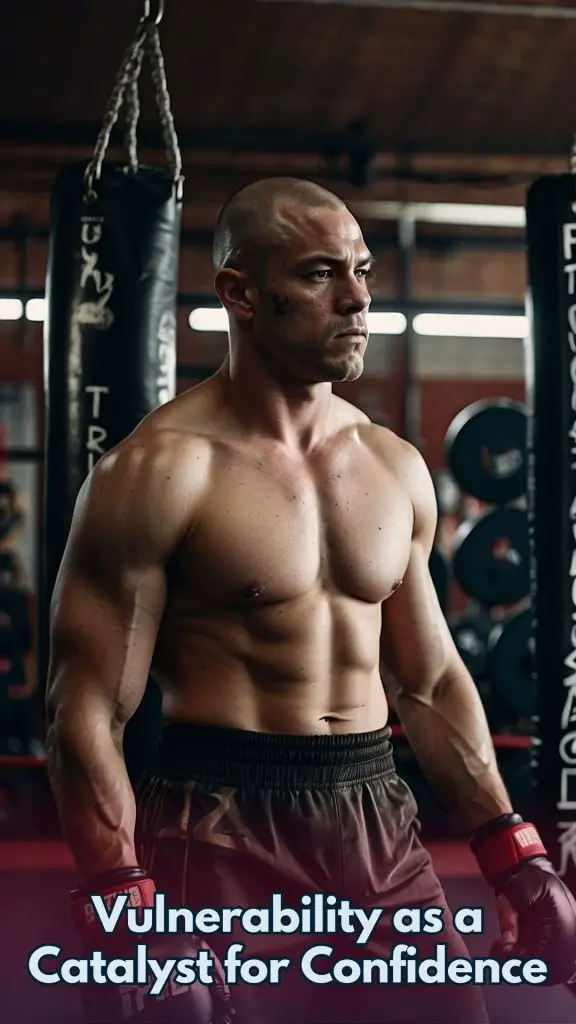
The vulnerability worked on the mats goes much beyond the gym’s boundaries. Learning to negotiate discomfort, embrace criticism, and keep on through challenges gives people abilities relevant in all spheres of life.
Whether it’s facing a tough conversation at work or tackling personal challenges, the resilience built into training becomes a powerful tool.
The mat turns into a mirror reflecting how openness, when embraced, might cause development in all spheres of life.
Conclusion: Finding Strength in Vulnerability
Embracing vulnerability on the MMA and Jiu-Jitsu mats transforms perceived weakness into an undeniable strength. It allows practitioners to face fears, build meaningful connections, and uncover the hidden depths of their potential.
As each session unfolds, the courage to be vulnerable unlocks opportunities for growth, resilience, and self-discovery, demonstrating that the greatest victories often stem from the willingness to embrace uncertainty.
Thanks for reading! ━ ◦ ❖ ◦━ Sign up for my newsletter to get new stories as soon as I publish them.

